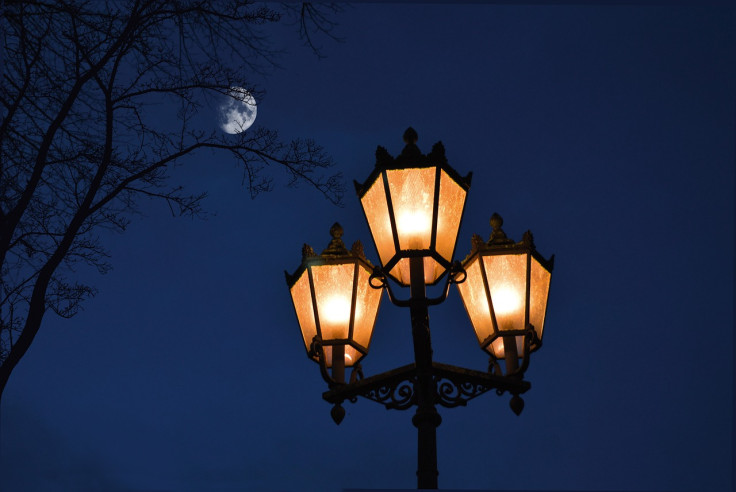Working Nights? You May Be At Higher Risk Of Severe COVID-19, Study Shows
KEY POINTS
- Researchers looked at data from more than 7,000 workers from 15 countries
- Shift workers had higher odds of severe COVID-19 infection and hospitalization
- Sleep deprivation could be playing a role in this
Do the risk and severity of COVID-19 vary between day workers and those who do night/shift work? Researchers say those working nights may be at higher risk of getting severe COVID-19 infection.
For their study, a team of researchers looked at data from more than 7,000 workers from 15 countries (four continents). The goal was to find out whether shift workers had a higher COVID-19 prevalence and severity than day workers. They also compared this among those who worked face-to-face during the pandemic and those who didn't have to be "in close contact with others at work."
The workers participated in the study from May to December 2021. They answered an online survey wherein they were asked about their work conditions, whether they had been infected with COVID-19 and how serious it was, the University of Bergen (UiB) noted in a news release.
The researchers found that shift work was not associated with increased risk for COVID-19 when compared to day shift work.
"Shift workers are not likely to be exposed to more virus than day workers," study first author Bjørn Bjorvatn said.
While working face-to-face did increase the risk for COVID-19, likely from being more exposed to the virus, it "was not associated with increased disease severity," the researchers wrote.
However, when the shift workers got infected, they actually were at higher risk of developing more severe (moderate to life-threatening) COVID-19 symptoms. In fact, they were nearly six times more likely to be hospitalized compared to those who worked in the day.
A possible "mediating factor" for this could be impaired sleep and disruption in circadian rhythm that's quite common in shift workers, the researchers said.
Indeed, working night shifts has a bad rap when it comes to its impacts on people's health. For instance, apart from disrupting people's circadian rhythms, shift work may also increase the risk of developing conditions such as heart disease and diabetes. It may also affect workers' mental health as they have a 25 to 40% higher risk of depression and anxiety.
The results of the latest study appear to provide supporting evidence on how sleep deprivation may negatively affect people's immune systems.
So what's the solution? Bjorvatn recommends sleep and the vaccine.
"Other studies show that the response to vaccination is poorer in sleep-deprived individuals," he said. "Therefore, shift workers should take their vaccines after a good night sleep."

© Copyright IBTimes 2025. All rights reserved.






















